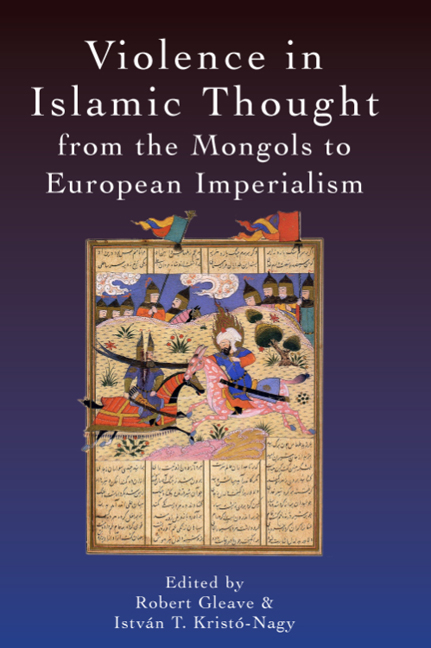10 - ‘Soft’ and ‘Hard’ Power in Islamic Political Advice Literature
Published online by Cambridge University Press: 06 May 2021
Summary
The recent spread of violence and terrorist acts orchestrated by the Islamic State of Iraq and the Levant (ISIL) in both the Middle East and Europe have led to renewed debates about violence as an intrinsic aspect of Islam conceived of as a religious or cultural tradition founded on values, principles and ideals different from or even diametrically opposed to and irreconcilable with those prevailing in the West. Although violence has been a persistent feature in the political life of many Muslim majority states, Islamic political discourse on the nature, scope, purpose and limits of legitimate rulership is characterised by a high degree of sophistication. A considerable number of medieval Islamic treatises of political and ethical advice, for instance, are devoted to the origins and manifestations of ẓulm, a term loaded with a constellation of meanings associated with ‘repressive’, ‘tyrannical’, ‘illegitimate’ or ‘arbitrary’ rule and the ways in which a ruler, a minister or a government official can avoid tampering with his authority and crossing the thin line that separates righteous and salutary government from malfeasance and the misuse or abuse of power.
While one could possibly argue that the medieval Islamic political tradition never articulated a fully fledged or powerful doctrine about the right of disobedience, resistance or rebellion, the deposition of an unrighteous ruler, or tyrannicide, as compared to those formulated by Latin/Western European authors, such as John of Salisbury (d. 1180) and the Monarchomachs in sixteenth-century France, in Islamic political writing on the illegitimate use of power and violence is almost unequivocally condemned as anathema to the existence of a peaceful, just and prosperous society and a stable civil order. On the other hand, although the notion of human nature underpinning Islamic political thought is very different from that of the Western tradition coloured by Augustine's doctrine of original sin, Muslim political authors are not oblivious to the importance of the application of physical force not only in warfare, but also at the domestic level, especially when dealing with malefactors, evildoers and agencies attempting to foment factionalism and disorder, subvert the political order and engineer political and social fragmentation.
- Type
- Chapter
- Information
- Publisher: Edinburgh University PressPrint publication year: 2018



